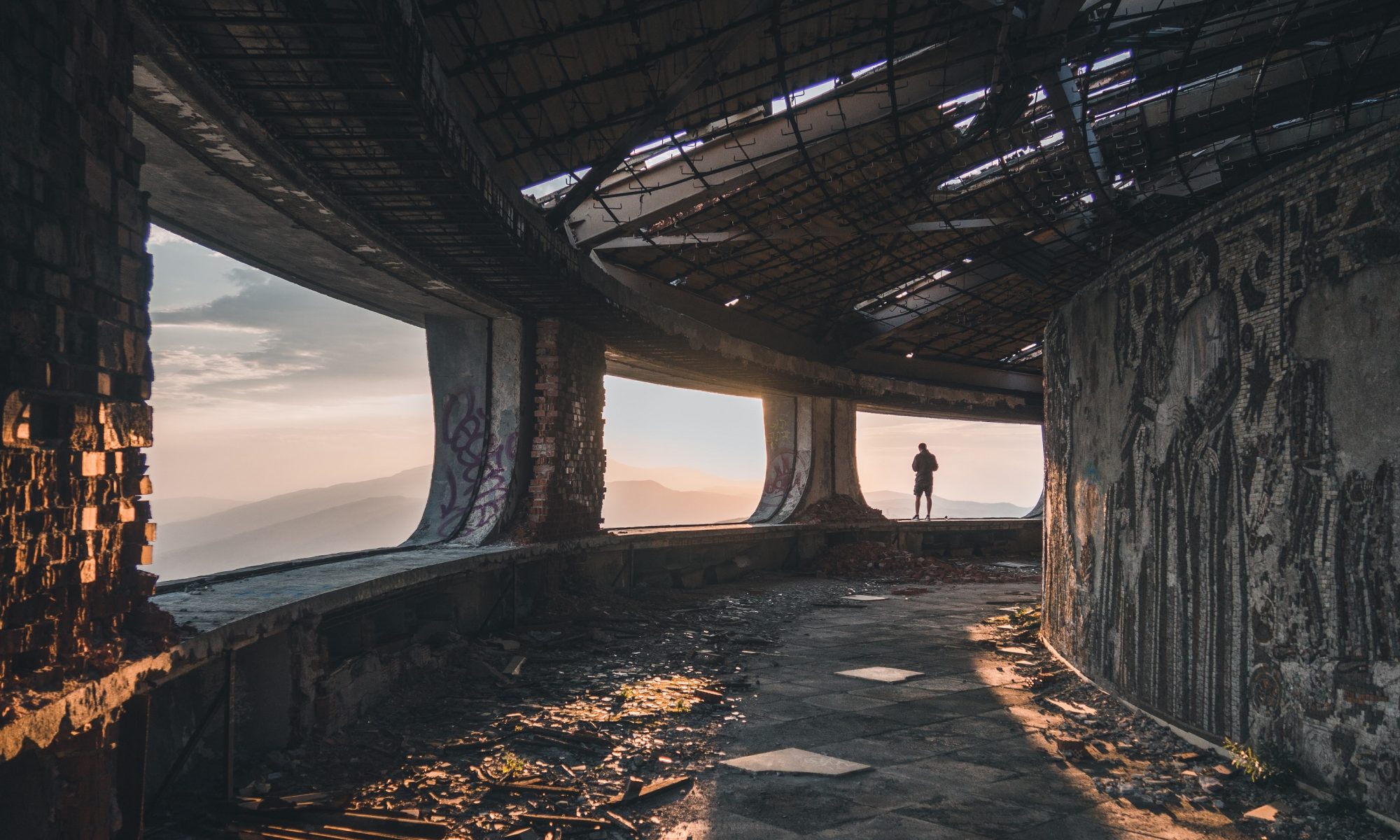I don’t know many writers who don’t love to read, and every writer has their own favourite list of books. I read a lot of sci-fi and fantasy, although not exclusively.
When I was growing up, I definitely had ‘favourite’ books, one or two novels that I’d read obsessively. These days I have a longlist of old (and new) friends – here’s a few of them:
Against a Dark Background by Iain M Banks. Absolutely my favourite Banks, although closely followed by the Algebraist. I know most people love The Culture novels, but I’ve got a huge soft spot for these
The Year of Our War by Steph Swainston. Jant is one of my all time (I initially wrote ‘all tine’) characters and some of Swainston’s writing is just incredible.
The Treason’s Heir series by Jacqueline Carey. I loved the first Kushiel set, and it took me two reads to really get into the second – but somehow, Imriel is a more interesting character to me than Phedre, although I do love that she’s still in the trilogy.
Spiritwalk by Charles de Lint. I was brought up on Narnia as a kid, so to find a grown-up, urban fantasy with incredible characters, bikers, guns, drinking, friendship, love and deep magic … it blew me away.
Transformation by Carol Berg. While the second and third books in the trilogy aren’t quite as good, this book got me through a pretty tough time – and Seyonne’s journey from slave back to soulwarden is very deftly done.
Memoirs of a Dangerous Alien by Maggie Prince. Ok, so it’s a kid’s book, but I once read this three times in succession because I didn’t want to leave the world she’d created. Needs a re-read.
The Galactic Mileu Series, by Julian May. I love May’s blend of forward-looking sci-fi, human commentary and spirituality – her characters are brilliant, her observations completely on point, and her narrative very, very compelling.
Wolf in Shadow by David Gemmell (closely followed by Winter Warriors). Pretty much all of Gemmell’s work is spectacular, but WiS is just the most striking, memorable, poignant journey.
That’s just a small selection from my bookshelf – I might have to do a second part later, as I’ve definitely missed a few friends here and there…
